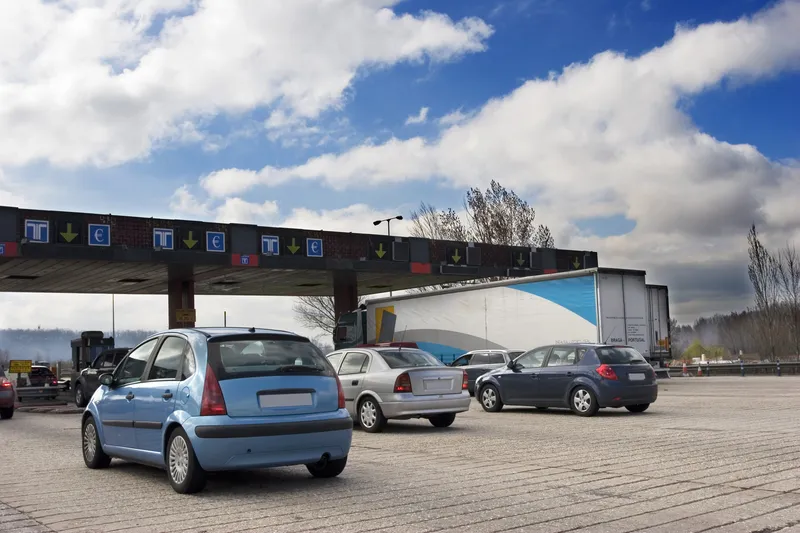
Thales' Pitz (Peage intelligent transport zero) electronic toll collection system is being used on the Palin-Escuintla toll road corridor in Guatemala in South America.
Thales says Pitz can integrate a variety of payment forms, including cash, electronic toll or bank cards – contactless or not.
According to Thales, it can securely handle more than 120 vehicles per minute, making it a time-saver for the more than 22,000 vehicles that use the toll road corridor per day.
Additionally, the system delivers real-time management and supervision of each individual toll lane while integrating with back-end systems and ensuring income and revenue processing for toll all transactions.
A team of Thales' experts located in Mexico and Guatemala managed the implementation of the project, for 12 lanes and two toll plazas.
Nadia Gonzales, vice president Latin America at Thales, says: “Leveraging Thales digital security expertise, it’s important to note that the PITZ solution is a powerful platform to help reduce missed payments and fraud using Thales’s well-known cryptographic technology to guarantee the security of data from every source.”
Thales carried out the project on behalf of highway maintenance company Siva, which is managed by infrastructure firm Grupo Marhnos.
Ing. Sandro Testelli, director of Marhnos Guatemala, says: “Based on our history of success with Thales in Mexico, we know we can trust them to deliver a flexible and secure that can scales as needed and handle the large volume of the country’s busiest highway for trade.”









